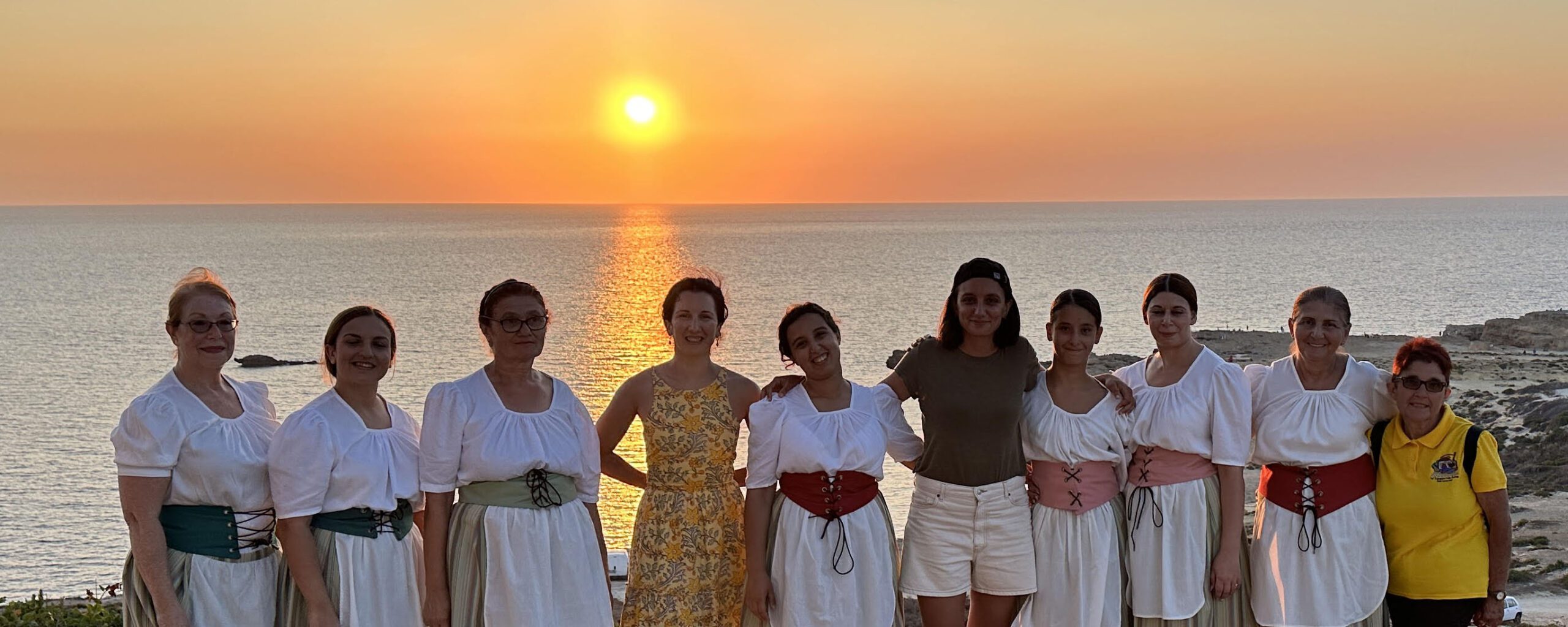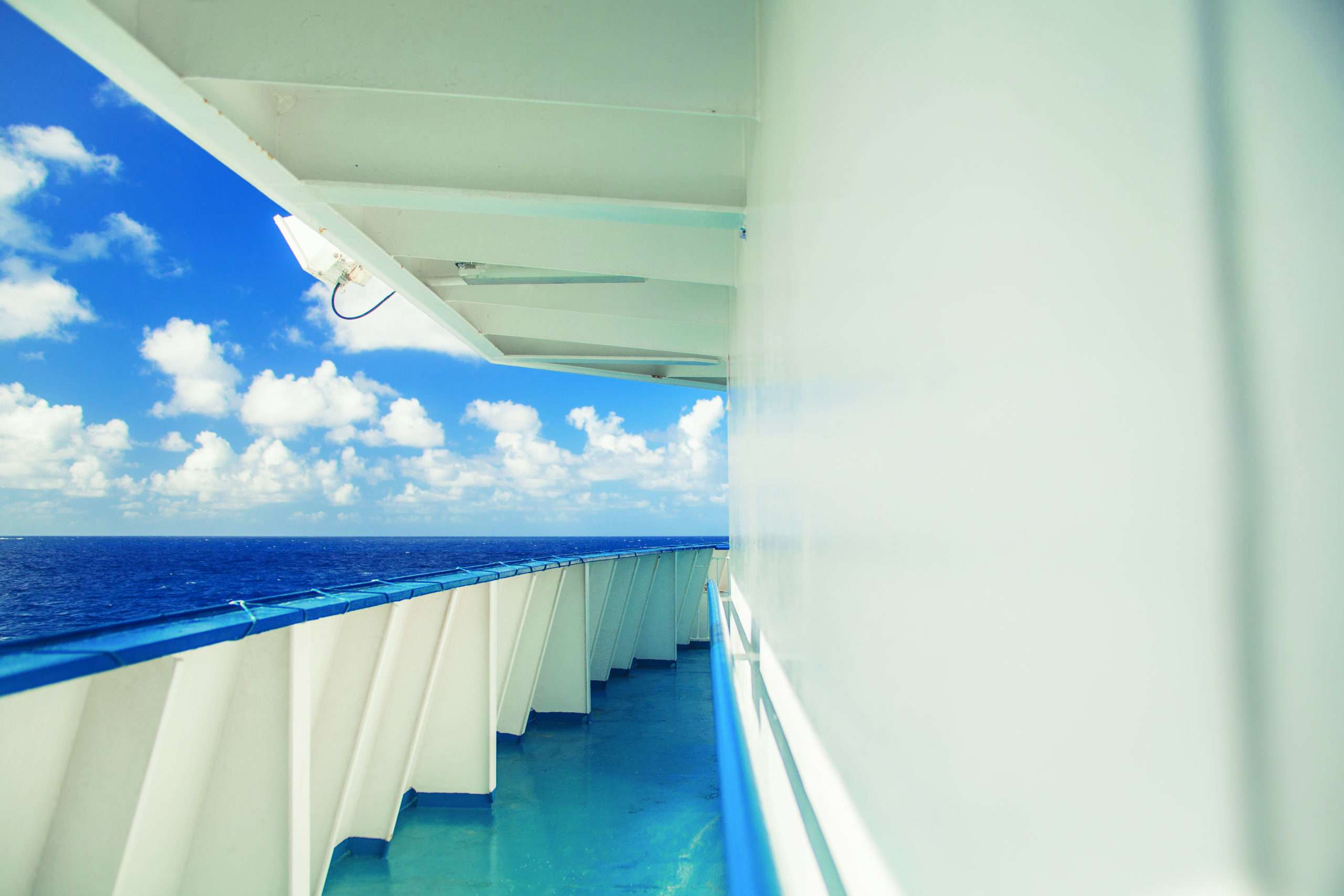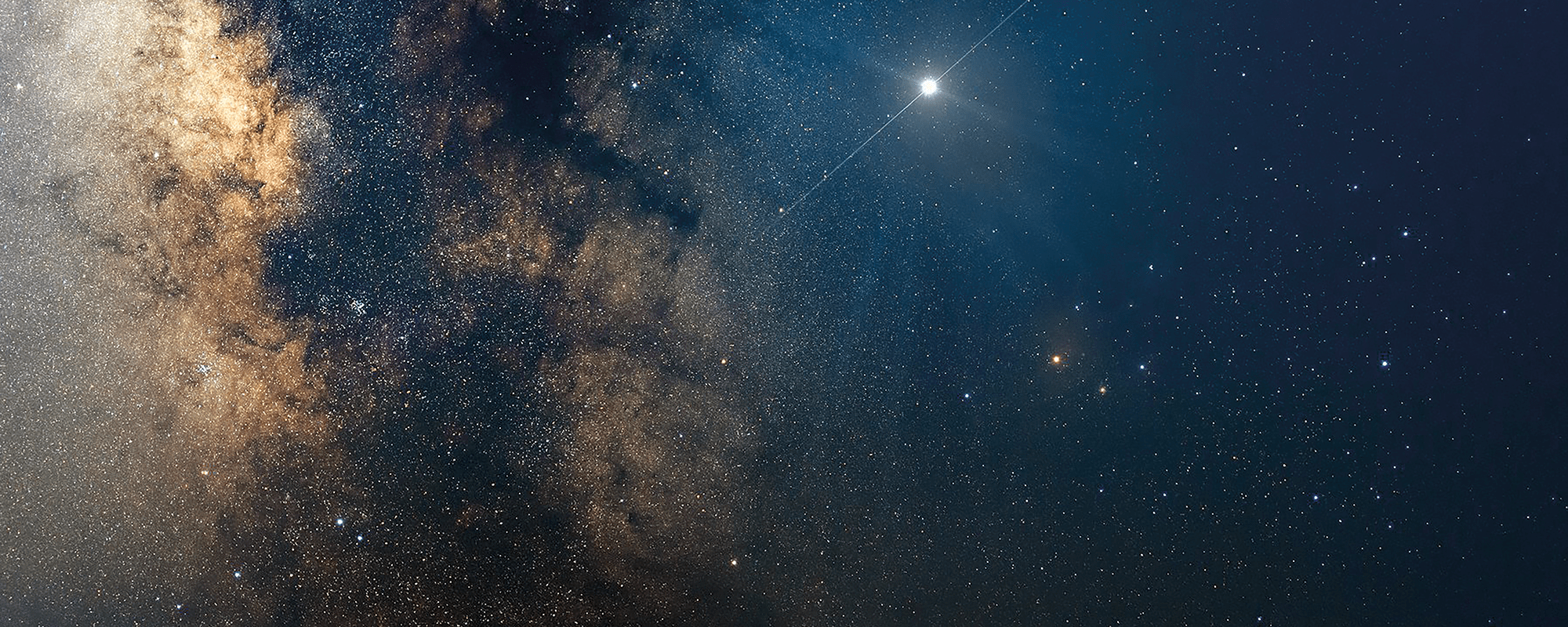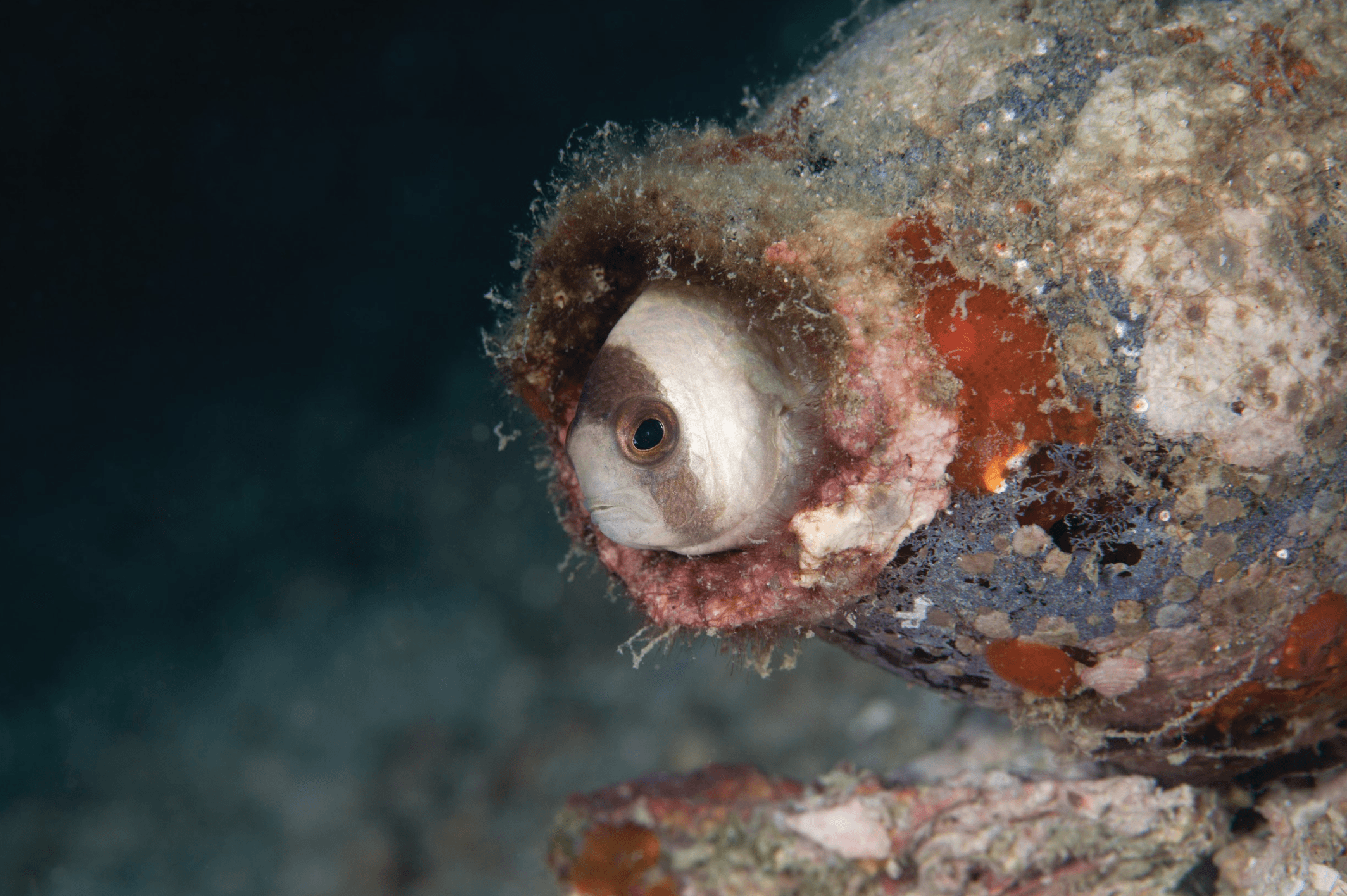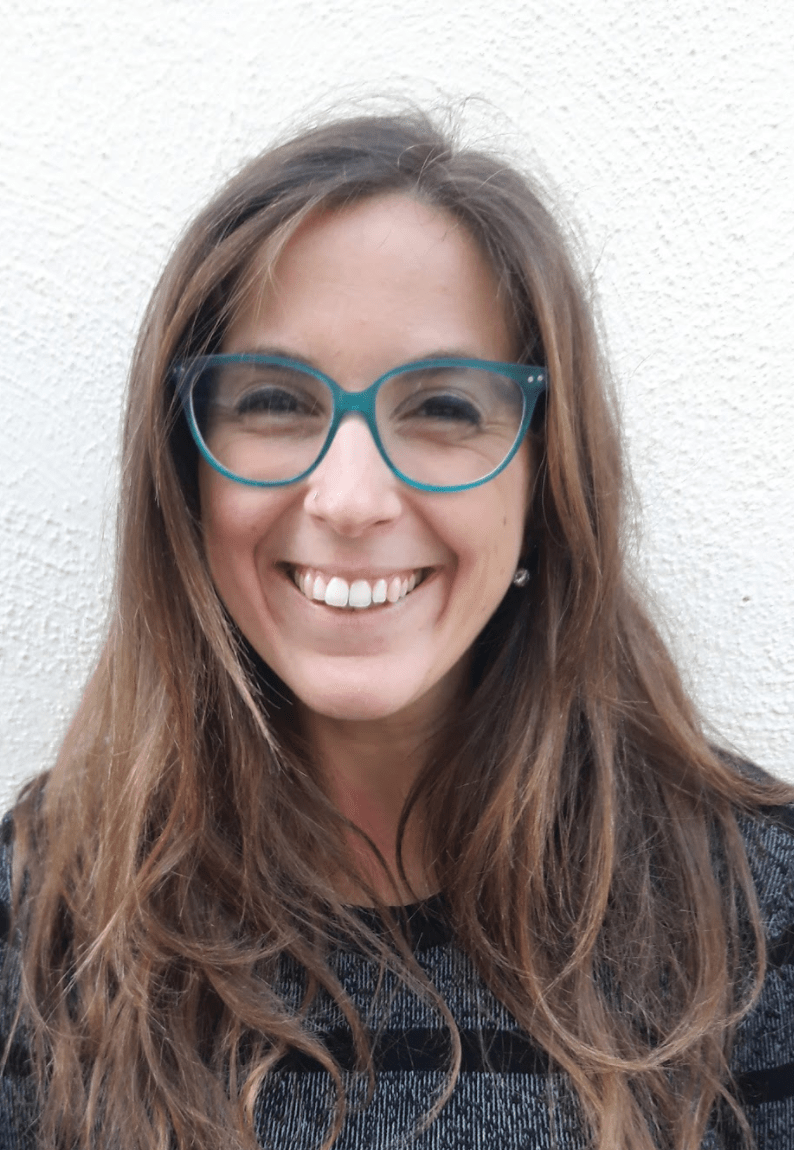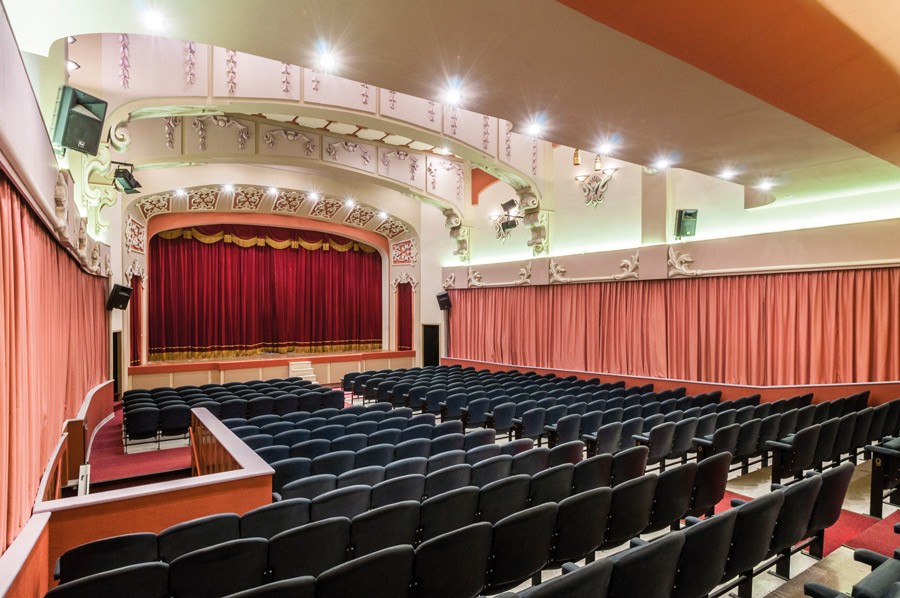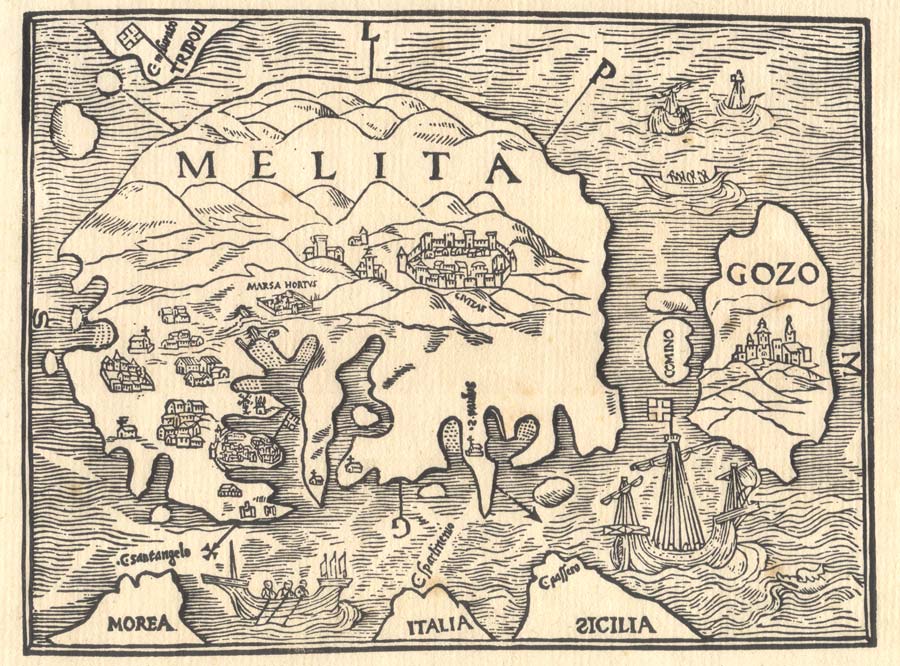Beyond What Drifts Us Apart is a long-term art project conceptualised and curated by the acclaimed Maltese curator, Elyse Tonna. The 2024 edition took place in and around Gozo’s Dwejra Tower, which proved to be an abundant source of inspiration for this year’s selection of international and interdisciplinary artists. The exhibit was open to the public for a week through a variety of workshops and performances.
Continue readingCommuters, Ahoy!
Travel time studies are important for transport geographers, especially on island archipelagos. Small islands like Gozo depend on outside links for their infrastructure. My (Marthese Cini) research study focused on Gozitan commuters working in Malta and the recent discussions on ‘connecting’ the islands. Specifically, I studied whether a ferry or a tunnel would be more suitable for their needs.
Continue readingSteam, Ships, and Emissions
Author: Chris Styles
On one of the highest spots in Gozo there proudly stands a lighthouse. Built in 1840, it continues to warn nearby ships away from the shallows. After a long night shift, the lighthouse has another crucial role to play. A team of researchers from the University of Malta, led by Prof. Raymond Ellul, has converted this historic piece of Malta’s heritage into a remote laboratory.
Continue readingSave the night
The sky goes on forever, the stars; they wait each night for someone to find them,
in quiet spots as yet unspoiled by light and mayhem.
Nina Rosner — ‘Malta’
Author: Dr Joseph Caruana
The dwindling, peaceful glimmer of twilight promises a clear night. The vivid yellows and oranges give way to more subtle hues until a deep and ever-darkening blue takes over. Slowly, the velvety sky turns into a black canvas peppered with twinkling lights, as the first eerie cries of shearwater birds are heard in the distance.
This magical spectacle plays out most evenings at Dwejra, Gozo. This popular tourist site is one of the last places on the Maltese Islands that offer a sufficiently dark sky to observe our home galaxy — the Milky Way. The proliferation of badly designed exterior lighting all over the islands means that it is impossible to fully escape the deleterious effects of light pollution. This westernmost region of Gozo is as far as one can get to escape the glow of artificial light emanating from the rest of the Maltese Islands.
Continue readingHome
Author: Dr Pat Bonello

The theme of this edition of THINK magazine is meant to evoke feelings of belongingness, identity, warmth, and solidarity. Our home is usually a place associated with these positive feelings: a place where I can be myself and, in a safe environment, develop into the me I want to be. This is something valuable, something which we should safeguard passionately. At the same time, as a social worker, I know many people for whom ‘home’ does not have such positive connotations.
The people that come to mind are abuse victims, children and adults living with domestic violence. For them, ‘home’ means suffering, often accompanied by a feeling of helplessness. Others find ‘home’ a difficult concept. Think of people who cannot make ends meet, who have difficulty paying their rent, who cannot afford to buy their own house because of high property prices. Then there are those who can no longer live in their own house because they are unable to look after themselves, be it because of old age or health issues. There are members of broken families who have difficulty identifying their home, asylum seekers who left home behind, and people who have lost a family member and now associate ‘home’ with sadness.
Everybody needs a place where he or she feels ‘held’ and safe enough to develop his or her potential. But if ‘home’ does not fit this bill, where will this environment be?
This is where a network of social solidarity, both formal and informal, comes into play. Alternatives for people with issues related to the concept of ‘home’ include foster placements, shelters, or other residential facilities. But these services are tasked with much more than providing mere accommodation. They need to create an environment which meets the needs of the persons who live there. They need to provide a safe space for people to come in, be themselves, and develop their potential.
For those who don’t need to move out of their current home, options include support and professional interventions, such as family therapy, to deal with the sadness associated around the home, or to improve the dynamics within it. Social service providers in Malta and Gozo carry a lot of responsibility. Unfortunately, the supply does not always meet demand, and some people have to wait considerably before being able to move into more comfortable and nurturing placements—sometimes while living in abusive environments. In other situations, the necessary support is not readily available, as in the cases of asylum seekers and homeless people who need a roof over their head.
While formal support is important and necessary, all Maltese citizens need to share the responsibility and offer a helping hand without judgement. That way, Malta will be able to nurture communities that work together to create ‘homes’ which cherish everyone, respecting their dignity and worth and encouraging them to flourish.
Spotting marine litter
Marine litter is a problem found across the world. As well as being directly deposited in seas and oceans, plastic, wood, rope, and other items are accumulating on land and making their way into bodies of water. On the Maltese Islands, such littering happens frequently. Last summer the Physical Oceanography Research Group (Faculty of Science, University of Malta [UM]) took a step towards tackling the issue.
Under the supervision of Prof. Alan Deidun and Adam Gauci, I sought to harness innovative techniques and create a monitoring programme that would begin to identify what kind of litter is on Malta and Gozo’s beaches.
The national Marine Strategy Framework Directive was followed to ensure good data collection and meeting of the ‘Good Environmental Status’ by 2020. The study used images captured by a drone in three coastline areas: the north east Marine Protected Area of Malta, Qawra Point, and the eastern and western points of Baħar Iċ-Ċagħaq. Flying at an altitude of 30 meters, the drone was programmed to spot specific categories of marine and coastal litter. These included plastic, wood, rope, rubber, and other miscellaneous items such as washing machines and mattresses.
Apart from characterising marine litter, the project aimed to observe whether hydrodynamical phenomena, such as wind and currents, are also influencing the accumulation of litter. However, results showed that the difference between the areas of study was not due to dynamics of coastal currents and coastal topography, but to human activities. In Baħar iċ-Ċagħaq, for example, categories such as wood and plastic were found on land at considerable distances from the shoreline, close to points easily accessible by cars.
We also used statistical analyses to confirm that parameters such as tourism, lack of public knowledge, and lack of environmental consciousness are affecting the accumulation of marine litter, laying the blame firmly on human activities.
The remedy to the situation is in Maltese citizens’ hands. Only we have the power to turn things around. It’s time to clean up our act.
This research was carried out as part of a Masters in Physical Oceanography, Faculty of Science, UM.
Author: Serena Lagorio
When desalination is the only option left
The Water Services Corporation (WSC) has recently announced that it will construct a Seawater Reverse Osmosis Plant at Ħondoq ir-Rummien in Gozo. To the casual observer, having a reverse osmosis plant on the island might seem like a necessary and commendable way of ensuring an adequate and independent water supply. However, Gozo has been meeting its water demands efficiently through a groundwater polishing plant since 2005, importing just 20% of its water from the Ċirkewwa reverse osmosis plant, a facility that is not being used to capacity. So a pertinent question arises: why is a reverse osmosis plant being considered?
Stuck in the middle with the fumes
Since the 1960s heavy fuel oil (HFO) has reigned supreme as the king of maritime fuels. It was efficient and cheap; its use spread far and wide. International shipping boomed on its success. Even today, this industry handles 90% of the world’s trade volume. For many, HFO is the lifeblood of the maritime shipping industry. But it has a dark side…
Setting the stage
By The Valletta 2018 Foundation in collaboration with Arts Council Malta
Ask any practitioner of the performing arts in Malta what their biggest cross to bear is, and a veritable list comes pouring out like burning lava. However, once you plough through the expected maladies that plague every small art scene—limited audiences, limited sources of funding available, unctuous reviews—in Malta, you’ll always arrive at this: a lack of viable spaces for productions and rehearsals.Continue reading

